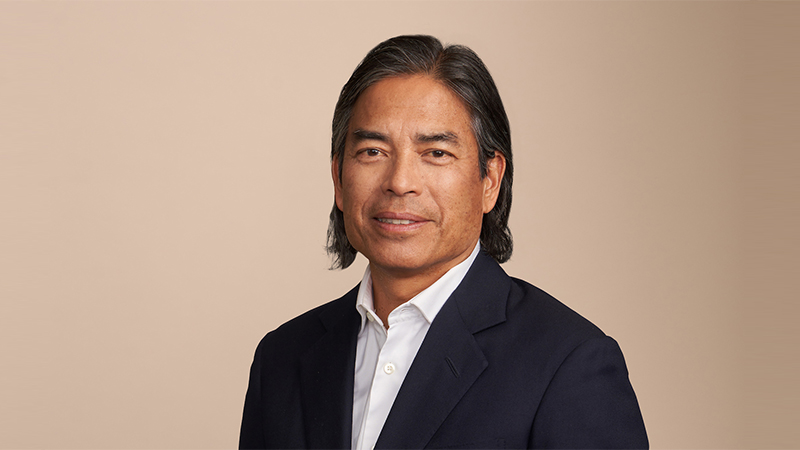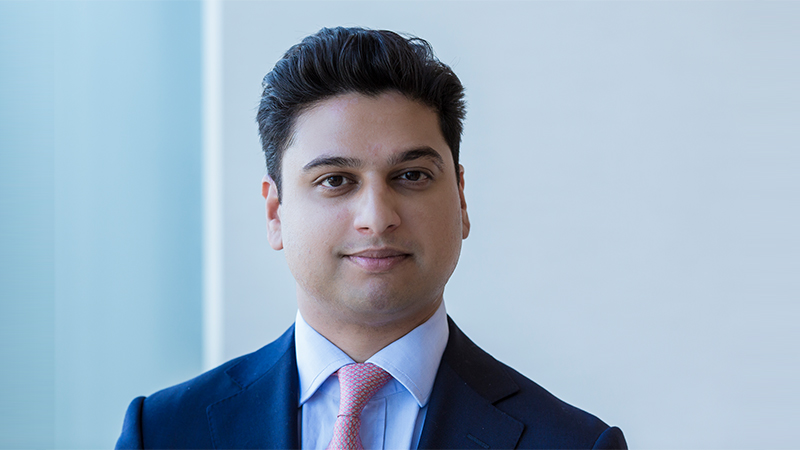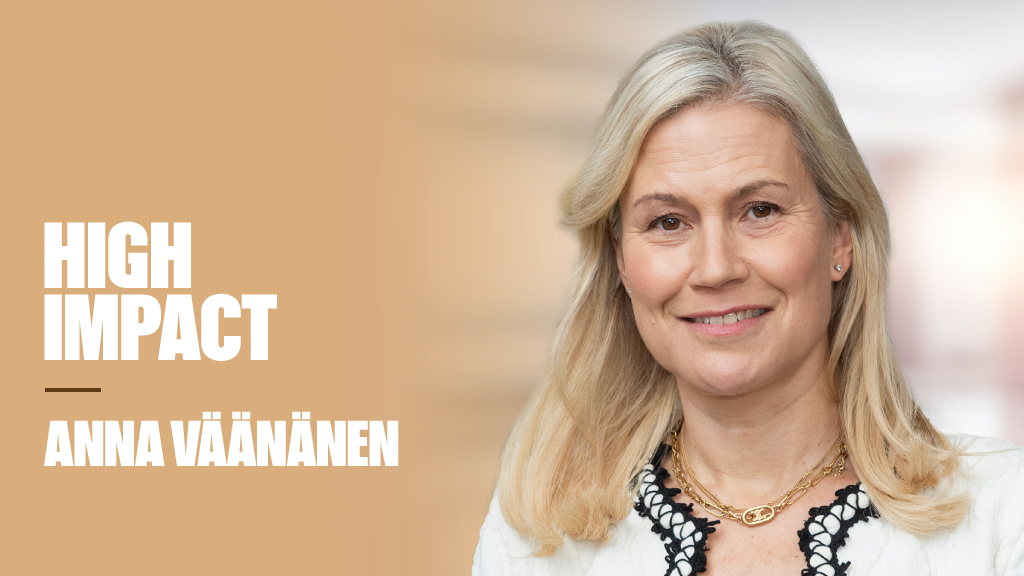Bolton will continue to run the trust until the end of March next year before concluding what will be his sixth fund/trust handover. As well as saying that there are unlikely to be many changes to the portfolio between now and then, he confirmed he will not buy any new holdings from now until then without Nicholls being happy with the decision.
{^Image|(behavior)hover|(url)~/Images/Misc/2013/Fidelity-2.aspx?width=250&height=187|(width)250|(height)187|(mouseoverwidth)802|(mouseoverheight)600^}
Training plan
He added that he has nine months to explain the intricacies of running a closed-ended vehicle, explaining Nicholls’ lack of experience of running this kind of structure saying: “I think it is an advantage not to have to deal with the day-to-day flows as an advantage.”
Bolton will remain as an adviser to Fidelity’s London and Hong Kong investment teams as well as its charitable foundations and the board of China Special Situations.
Nicholls has been with Fidelity for the past 17 years, starting as a research analyst in Tokyo, before moving on to run local mandates in the Japanese market from 1999 and then taking on the management of the Fidelity Funds Asia Pacific Fund in September 2003. His also runs the Fidelity Funds – Asian Smaller Companies Fund.
Nicholls was appointed by the trust’s Board “to continue with the current investment approach and strategy following the change of manager”, with the two of them being bottom-up stock pickers and strong supporters of smaller companies.
One advantage that Nicholls has above Bolton is his local knowledge having spent far more time in the region, with Bolton saying Nicholls is likely to spot some opportunities that he never would.
“I have seen lots of companies in China, Korea and Taiwan,” says Nicholls, “so that perspective may change the strategy slightly."
No change, please
The strategy will not change dramatically with the two sharing the philosophy of identifying companies with good long-term growth prospects, businesses able to generate cash to be reinvested for high levels of return, that are controlled by strong management teams.
Nicholls’ approach is to take advantage of smaller companies that are not being well understood by the markets and therefore undervalued.
They share the themes of consumer discretionaries growing their share of GDP and both are overweight IT.
{^Image|(behavior)hover|(url)~/Images/Misc/2013/Fidelity-1.aspx?width=250&height=187|(width)250|(height)187|(mouseoverwidth)800|(mouseoverheight)600^}
At stock level, they share 33 holdings. Put another way, Nicholls already owns the equivalent of nearly half of China Special Situations.
One difference is that Nicholls owns slightly more industrials, specifically machinery companies in Japan and Korea, describing it as “one are we may do more work on”.











